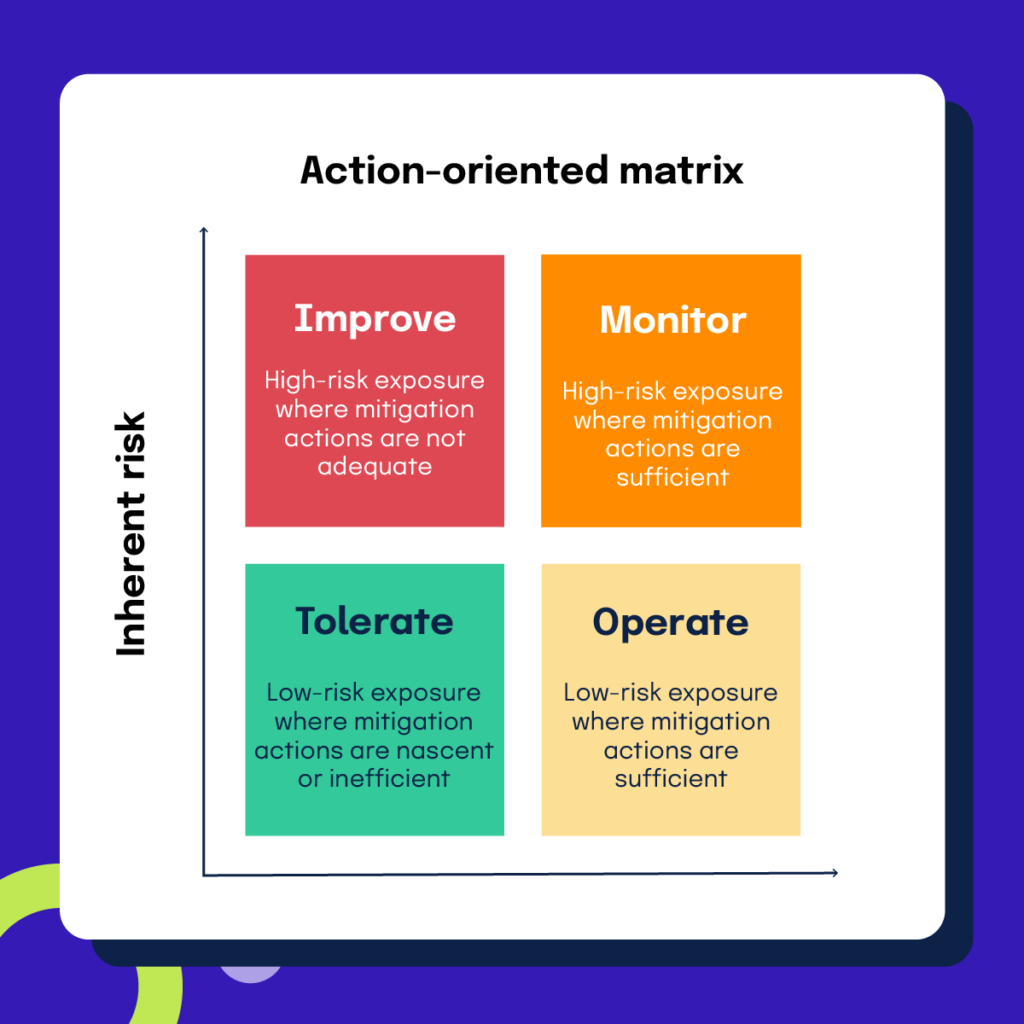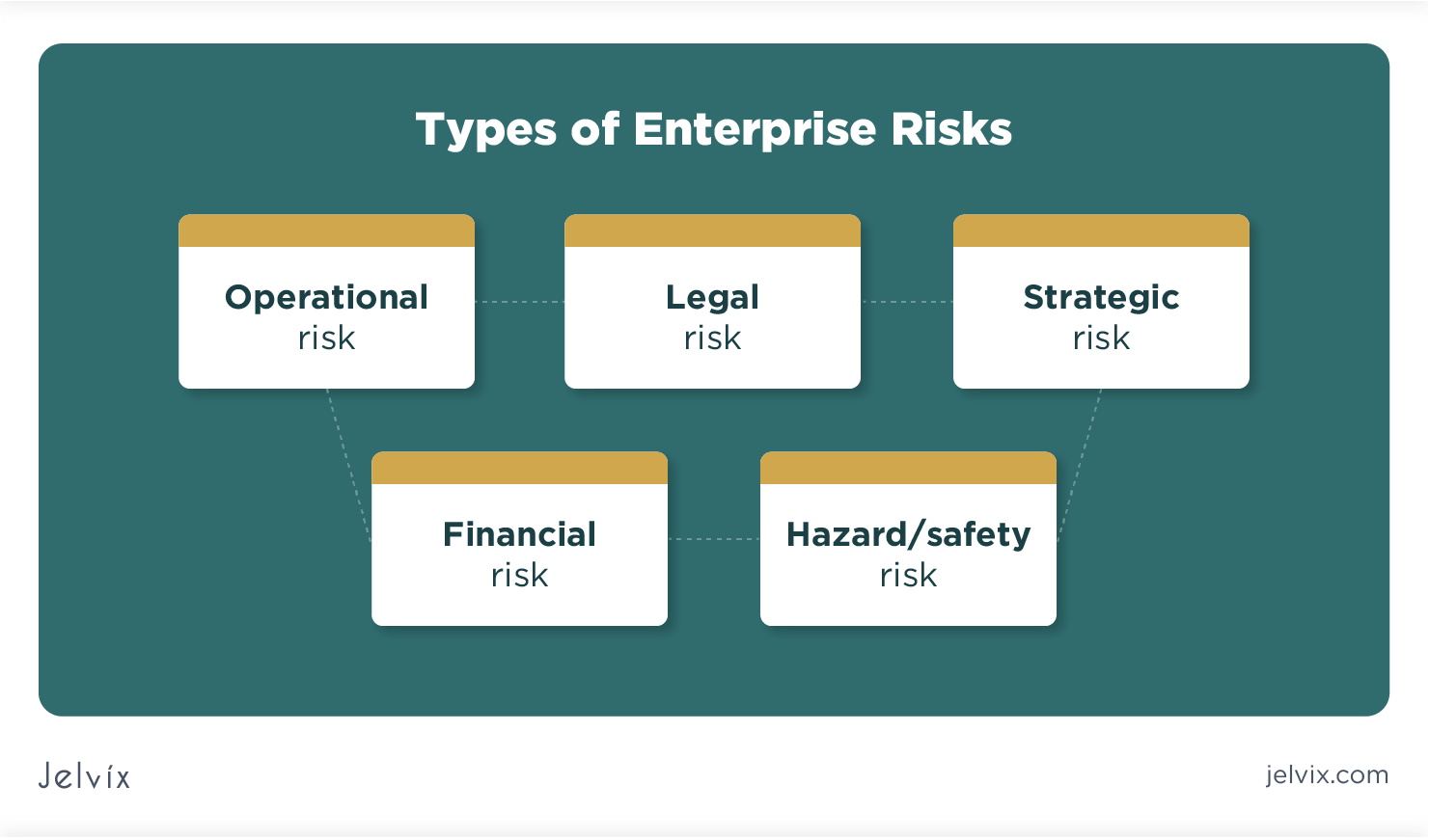Insider threats show a expansive viewpoint for digital protection
Check out the Duty of AI in Encouraging Ethics and Integrity to Combat Insider Threats Effectively
The integration of AI in organizational frameworks has actually become critical in dealing with expert hazards. By employing sophisticated analytics and real-time tracking, AI systems can recognize inconsistencies from ethical habits among employees (Insider threats). This positive strategy not just boosts conformity but also promotes an atmosphere of depend on. As business increasingly depend on these innovations, concerns emerge about their effectiveness and potential implications for workplace society. What exists ahead in the development of AI's duty in advertising integrity?
Comprehending Expert Risks and Their Influence On Organizations
Although organizations typically focus on exterior threats, insider dangers position a substantial threat that can weaken protection and honesty. These threats arise from people within the company, such as staff members or specialists, that may abuse their access to sensitive details for personal gain or malicious intent. The impact of expert dangers can be serious, leading to financial losses, reputational damages, and legal implications.
Aspects contributing to insider dangers include discontentment with the work environment, lack of oversight, and poor employee training on safety protocols. Organizations often have a hard time to recognize these hazards, as they can be tough to spot till significant damage has actually occurred. Avoidance methods should concentrate on fostering a society of depend on and responsibility, along with implementing robust surveillance and reporting systems. By acknowledging and resolving the complexities of insider hazards, organizations can boost their safety and security stance and shield their valuable possessions from inner threats.
The Advancement of AI in Office Safety And Security
As companies progressively challenge varied security difficulties, the assimilation of synthetic intelligence (AI) in work environment protection has developed significantly. At first, AI applications focused primarily on automating standard protection methods, such as gain access to control and security. However, developments in artificial intelligence and data analytics have actually changed AI right into a positive device qualified of recognizing possible hazards and susceptabilities in real-time.
Organizations now utilize AI-driven systems to examine large amounts of information, allowing them to detect strange habits that may suggest insider risks. This evolution has brought about the development of sophisticated formulas that can gain from historical incidents, boosting the system's anticipating abilities. On top of that, AI devices are progressively utilized to improve incident action processes, allowing security teams to act swiftly and effectively.
Just How AI Monitors Worker Actions for Ethical Compliance
Synthetic intelligence plays an essential function in monitoring staff member habits to assure honest conformity within organizations. AI systems analyze substantial quantities of information generated by staff members, including communications, transactions, and accessibility to sensitive info. By using innovative algorithms, these systems can determine inconsistencies from established moral standards and business plans.
Machine understanding models constantly adjust to recognize patterns of habits that could show ethical breaches, such as unapproved information access or unusual deal tasks. Insider threats. Additionally, AI-driven tools can supply real-time alerts to administration, promoting prompt treatments when prospective dangers are detected
The integration of AI into compliance monitoring not only boosts the organization's capacity to maintain honesty yet likewise promotes a culture of liability amongst staff members. By advertising transparency, AI systems work as a deterrent against unethical behavior, making certain that staff members continue to be aligned with business worths and ethical standards.
Assessing Patterns: Recognizing Risky Habits With AI
A growing variety of companies are leveraging AI to assess patterns that might show risky actions amongst workers. By utilizing advanced algorithms, these systems can filter via substantial quantities of information, recognizing abnormalities in individual actions that can recommend prospective insider dangers. AI can spot unusual accessibility patterns to delicate info, such as employees accessing files outside their typical range of job or throughout irregular hours. Additionally, behavior analytics can highlight regular modifications in an employee's interaction style or cooperation behaviors, which may signify underlying problems. This proactive approach allows organizations to identify threat elements prior to they intensify right into substantial hazards. As a result, the assimilation of AI into keeping an eye on methods not just enhances protection however additionally promotes a society of accountability and honest behavior. By recognizing these patterns, organizations can better comprehend the behavior characteristics within their workforce, ultimately advertising a much safer and a lot more moral workplace.
Real-Time Insights: Immediate Feedbacks to Potential Risks
Real-time understandings via predictive analytics and automated alert systems play an essential role in attending to potential threats to ethics and integrity. By leveraging these innovations, companies can anticipate risky behaviors and respond quickly to minimize threats. This aggressive method improves liability and promotes a society of stability in various settings.
Predictive Analytics Applications

Automated Alert Solutions
Anticipating analytics offers a foundation for companies to enhance their responsiveness to ethical problems with automated alert systems. These systems make use of real-time information to monitor tasks, detecting anomalies that might symbolize possible expert hazards. By leveraging maker learning algorithms, automated signals can determine patterns of actions that differ developed norms, permitting quick intervention. This immediacy is essential in mitigating dangers associated with unethical techniques. Additionally, automated alert systems can enhance communication among appropriate stakeholders, guaranteeing that potential hazards are resolved without delay and successfully. As organizations significantly rely upon AI-driven options, the combination of automated alert systems will certainly play a crucial role in cultivating a culture of values and stability, inevitably protecting business properties.
Cultivating a Culture of Depend On Via AI-Driven Transparency
AI-driven why not try these out openness can significantly improve trust fund within organizations by advertising accountability and open communication. With real-time surveillance remedies, stakeholders can obtain understandings into processes and decision-making, promoting a society of integrity. Data-driven decision-making further supports this transparency, allowing educated choices that straighten with moral criteria.
Enhancing Openness and Accountability
Exactly how can companies properly foster a culture of count on? By improving transparency and liability through the strategic use of expert system. AI can assist companies systematically track decision-making processes, ensuring that activities line up with well-known moral requirements. This transparency allows workers to see the rationale behind policies and decisions, lowering ambiguity and cultivating a feeling of fairness. Furthermore, AI-driven devices can facilitate clear communication pertaining to assumptions and responsibilities, equipping people to take possession of their activities. As responsibility comes to be embedded in the business society, employees are more probable to take part in honest behavior, recognizing their actions are kept track of and examined. Eventually, this approach grows an atmosphere where count on can grow, significantly minimizing the danger of insider dangers.
Real-Time Tracking Solutions
As organizations progressively look for to foster a society of trust, real-time tracking services arise as a pivotal device in enhancing transparency. These AI-driven systems continually track activities, offering insights into individual habits and possible abnormalities that may show insider threats. By applying such tracking options, organizations can proactively identify risks, making sure prompt reactions to suspicious activities. This not only safeguards delicate details however additionally enhances a commitment to moral practices. The clear nature of real-time tracking aids develop employee confidence, as people are mindful that their actions are being observed for the greater good. Eventually, these solutions serve to grow a workplace atmosphere based in trust fund, accountability, and honest stability, essential for alleviating insider risks properly.

Data-Driven Choice Making
Real-time surveillance solutions prepared for data-driven decision making, which substantially boosts business openness. By leveraging AI innovations, organizations can analyze large amounts of data to recognize abnormalities and patterns a measure of prospective insider dangers. This logical technique allows stakeholders to make enlightened choices based in empirical evidence, fostering a society of trust fund amongst workers. Transparency in decision-making processes, reinforced by AI-driven insights, encourages liability and moral actions. In addition, it enables organizations to proactively address susceptabilities, ensuring that activities taken are warranted and communicated plainly. Consequently, the execution of data-driven methods not only minimizes dangers related to expert threats yet likewise check this site out reinforces the values of honesty and honest conduct within the organizational structure.
Future Trends: The Role of AI in Enhancing Office Ethics
While organizations significantly transform to expert system for functional efficiency, the possibility of AI to enhance office ethics is gaining importance. Future fads indicate that AI will play a crucial role in establishing moral structures and guidelines, permitting companies to browse complex ethical dilemmas. By examining large amounts of data, AI can recognize patterns of unethical actions and supply understandings that promote openness and liability.
AI-driven tools can assist in real-time monitoring of worker communications, guaranteeing adherence to ethical requirements. This proactive technique not just mitigates insider risks yet also cultivates a culture of stability. As companies embrace AI innovations, they have to additionally prioritize honest programs and mathematical prejudice decrease to guarantee fairness.
In this developing landscape, the combination of AI in moral techniques represents a transformative shift, fostering an environment where stability is not just anticipated yet systematically strengthened.
Often Asked Concerns
Exactly How Does AI Differentiate In Between Benign and Malicious Actions?
AI distinguishes between harmful and benign activities by assessing patterns in user behavior, using equipment learning algorithms to identify anomalies, and reviewing contextual information to establish whether activities straighten with established standards or show potential hazards.
Can AI Devices Replace Person Judgment in Honest Decision-Making?
AI devices can not fully replace human judgment in ethical decision-making. While they can analyze information and recognize patterns, the nuanced understanding of context, values, and moral implications still requires human understanding and discernment.
What Are the Personal Privacy Effects of AI Checking Worker Habits?

How Can Organizations Make Sure AI Algorithms Are Fairly Designed?
Organizations can assure AI algorithms are ethically designed by applying clear development processes, involving varied stakeholders, carrying out regular audits, and sticking to well established honest frameworks that focus on fairness, accountability, and regard for customer privacy and civil liberties.
What Training Is Required for Personnel to Comprehend Ai's Ethical Function?
Staff training need to incorporate fundamental AI principles, information privacy, and prejudice recognition. Your Domain Name Workshops, instance studies, and interactive sessions can boost understanding, making sure employees identify AI's honest implications and its function in cultivating stability within the organization.
Fabricated intelligence plays an essential function in monitoring staff member habits to assure ethical conformity within organizations. The assimilation of AI into keeping an eye on practices not only boosts safety however additionally fosters a society of responsibility and ethical behavior. While companies increasingly encounter honest predicaments and potential stability violations, anticipating analytics applications provide prompt understandings that can help reduce these risks. Anticipating analytics provides a foundation for organizations to improve their responsiveness to ethical problems via automated alert systems. Future trends suggest that AI will play a crucial role in establishing honest structures and guidelines, enabling companies to browse intricate ethical problems.